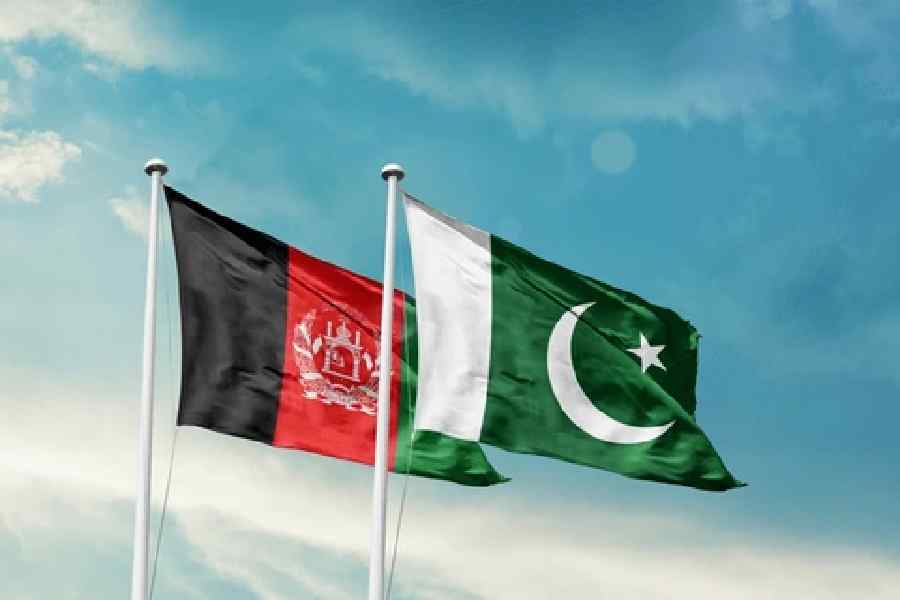Afghanistan has announced plans to construct a dam on the Kunar River, a key tributary of the Kabul River, aiming to restrict water flow to Pakistan after deadly clashes along the Durand Line.
The decision to build a dam on the River Kunar "as fast as possible" came from Taliban Supreme Leader Mawlawi Hibatullah Akhundzada, following weeks of tension between Afghanistan and Pakistan in which several were killed.
The Afghan Ministry of Water and Energy confirmed that construction would begin promptly, according to Muhajer Farahi, the deputy minister of information.
"Afghans have the right to manage their own water" and that construction would be led by domestic firms rather than foreign, Farahi wrote on X.
“His Highness the Amirul Momineen, may God bless him and grant him peace, has instructed to start the construction of the dams at Kunar as soon as possible and to enter into agreements with internal companies and not to wait for foreign companies,” the Afghan information ministry posted on X.
Earlier in May, Taliban army general Mubin visited the Kunar area and inspected the dam and urged the government in Kabul to collect funds and construct several dams.
He said the water was like their blood and they won’t allow this to flow out of their veins.
The 480-kilometre-long Kunar River originates in the Hindu Kush mountains near the Broghil Pass close to Pakistan. It then flows south into Afghanistan, running through the Kunar and Nangarhar provinces, before emptying into the Kabul River.
In Pakistan, this river is known as the Chitral River.
The Kabul River, into which Kunar merges, forms the most significant transboundary water system between both nations. It feeds into the Indus River near Attock, serving as a crucial water source for irrigation and agriculture in Pakistan's northwestern provinces.
Last week the Taliban's foreign minister, Amir Khan Muttaqi, was in India on a formal visit, during which he made it a point to appreciate support to build and maintain a dam in Herat province.
"... both sides also underscored the importance of sustainable water management and agreed to cooperate on hydroelectric projects with a view to addressing Afghanistan's energy needs and supporting its agricultural development," a joint statement said.
Months ago, India suspended parts of the long-standing Indus Waters Treaty as a response to the Pahalgam terror attack on April 22, which killed 26 civilians.
The Indus Waters Treaty signed in 1960 and mediated by the World Bank, governs the use of the Indus River and its six major tributaries - five on the left bank and one on the right bank. The treaty has long played a crucial role in managing water supply for both India and Pakistan.











